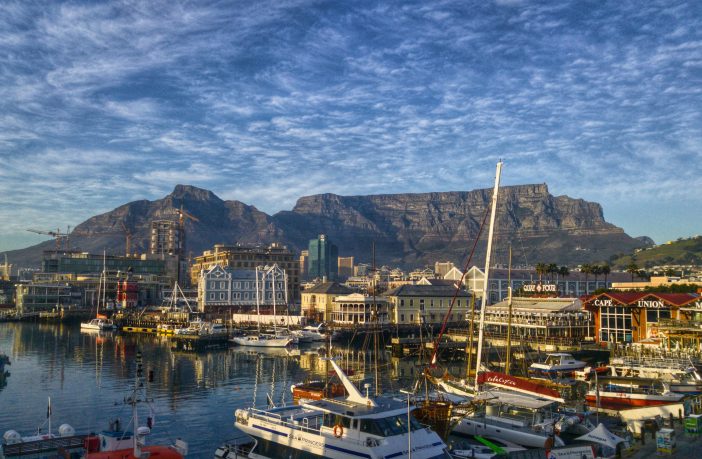- 43 (7%) of cities score an ‘A’ in CDP’s first ranking of 596 cities’ action to cut emissions and set climate strategies
- Barcelona, London, Paris, Cape Town and Hong Kong receive CDP’s top ‘A’ score
- 14 cities aim to be climate or carbon neutral by 2050 – including The Hague, Boston and Sydney.
- Five cities have city-wide 100% renewable energy targets – including Paris, San Francisco and Canberra – and one city (Reykjavík) has reached 100% already.
Cities are a huge source of the greenhouse gas (GHG) emissions that contribute to climate change, as well as an increasing majority of the world’s population. At the same time, their actions and policies could play a huge role in cutting emissions.
Only 7% (43 out of 596 cities) has receive a top ranking for their climate leadership and action to cut emissions. They include New York, Washington DC, San Francisco, Denver, Boston, Cleveland and Seattle in the US, along with global cities such as London, Paris, Barcelona, Melbourne, Cape Town and Hong Kong. Twenty one of them are in North America, nine in Europe, four in Australia, just one in Latin America (Buenos Aires) and Africa (Cape Town), and four in East Asia.
The ranking, compiled by CDP, a non-profit that drives companies and local and regional governments to reduce their greenhouse gas emissions, safeguard water resources and protect forests. Over 750 cities, states and regions disclosed data through CDP in 2018.
Five cities have set city-wide 100% renewable energy targets – including Paris, San Francisco and Canberra – while Reykjavik has already achieved this, thanks to Iceland’s plentiful geothermal energy resources. Thirteen cities plan to be climate or carbon neutral by 2050, including The Hague, Boston and Sydney.
“The need for action on climate change has never been more urgent, as the latest report from the Intergovernmental Panel on Climate Change has warned. Cities house more than half of the world’s population and are responsible for over 70% of the world’s energy-related carbon emissions, so they could make or break efforts to tackle climate change, ” said Kyra Appleby, Global Director for Cities, States and Regions at CDP.
“Just 7% of cities who reported to CDP in 2018 received an A. We urge cities worldwide to step up their action, set targets in line with what the latest science says is needed to prevent dangerous climate change, and transparently share their progress.”
An ‘A’ score, CDP says, “means a city demonstrates strong climate adaptation and mitigation strategies, and consistently tracks its emissions. Leading action looks different around the world, depending on the size of the city, the size of its emissions, and its susceptibility to extreme weather events.”
CDP’s first classification of city efforts to tackle climate change is an attempt to drive up the ambition of municipal authorities in the face of the growing urgency of the climate change challenge.
Current national action plans are not on track for a 1.5°C pathway and would result in 3°C of warming, according to research by another non-profit, Carbon Tracker. “This means the contribution of cities is more important than ever,” CDP asserts.
Link to the full list of A-rated cities here
Author: Bryan Groenendaal











